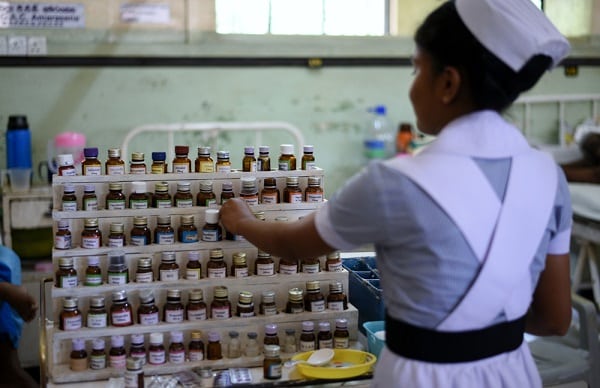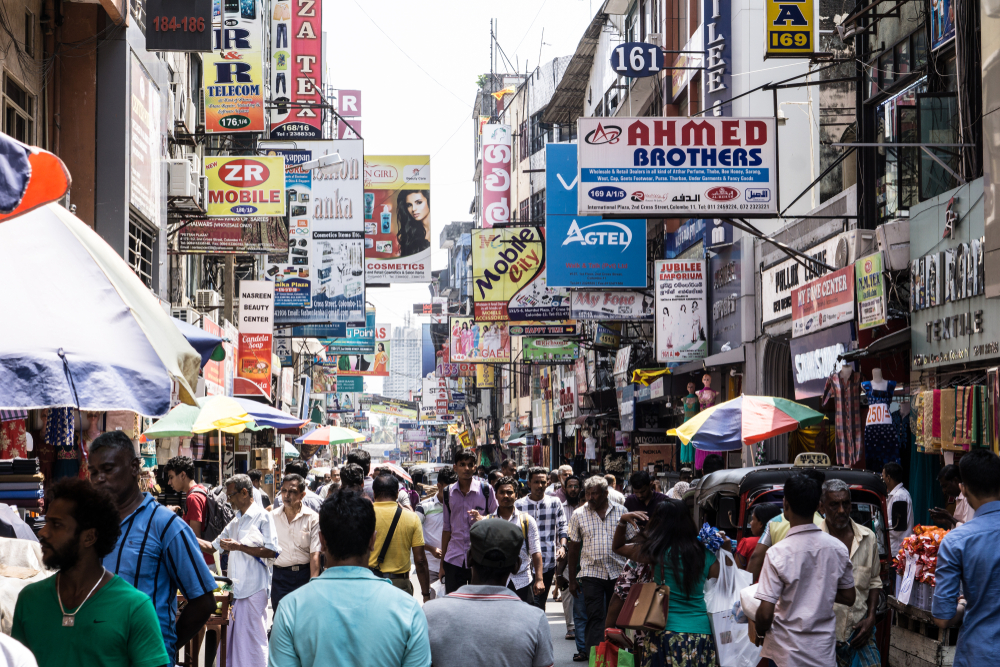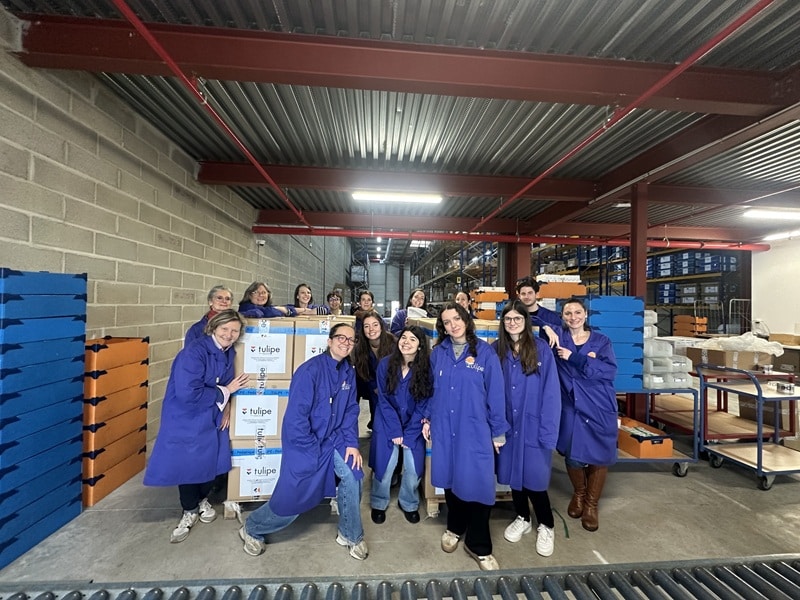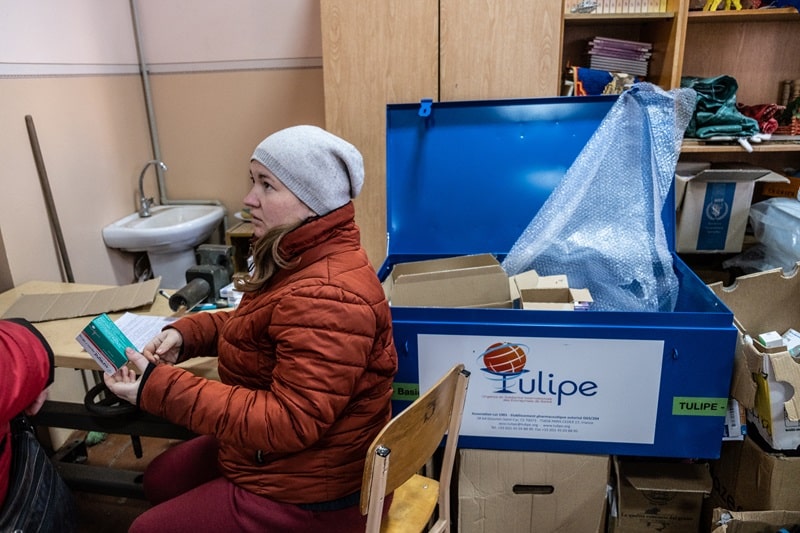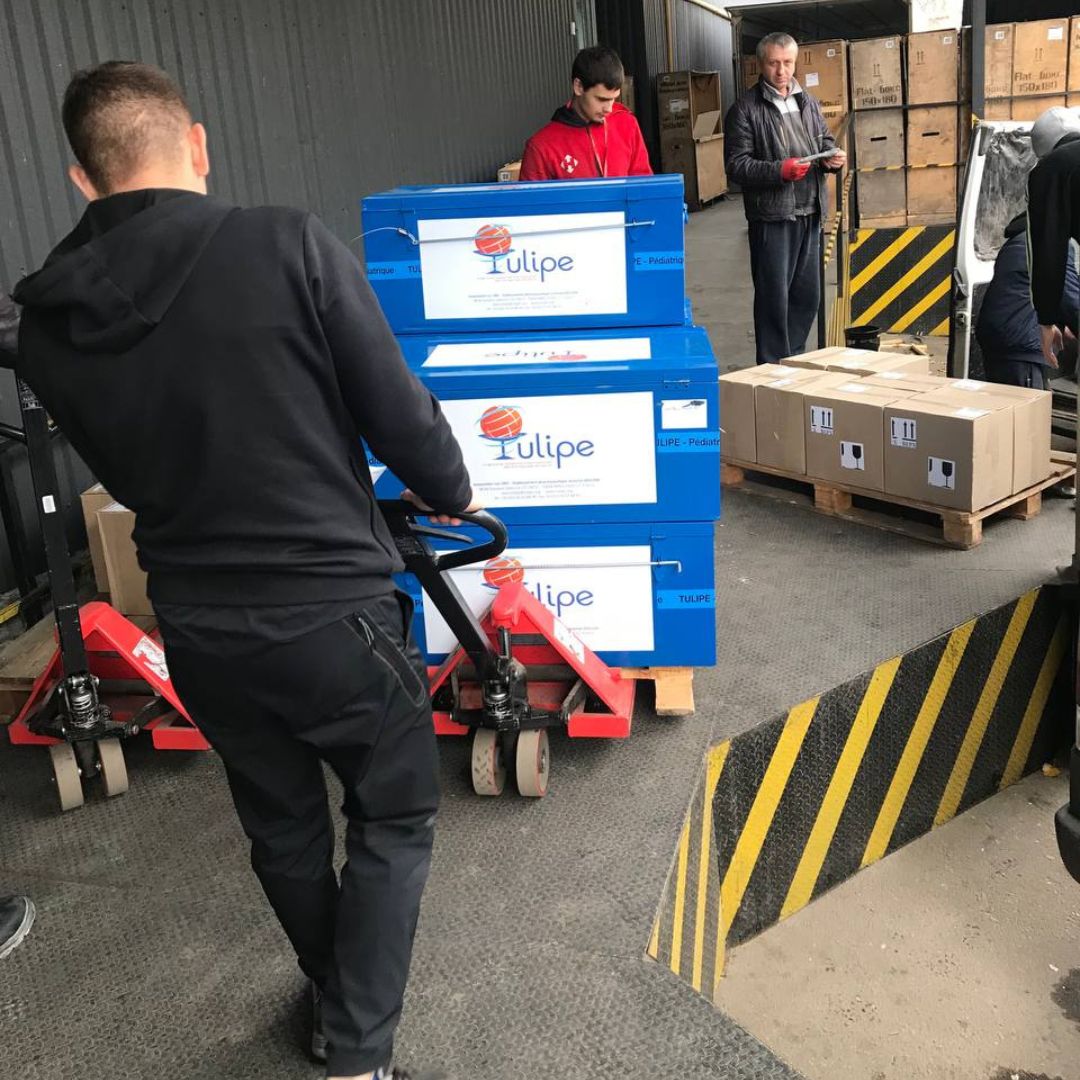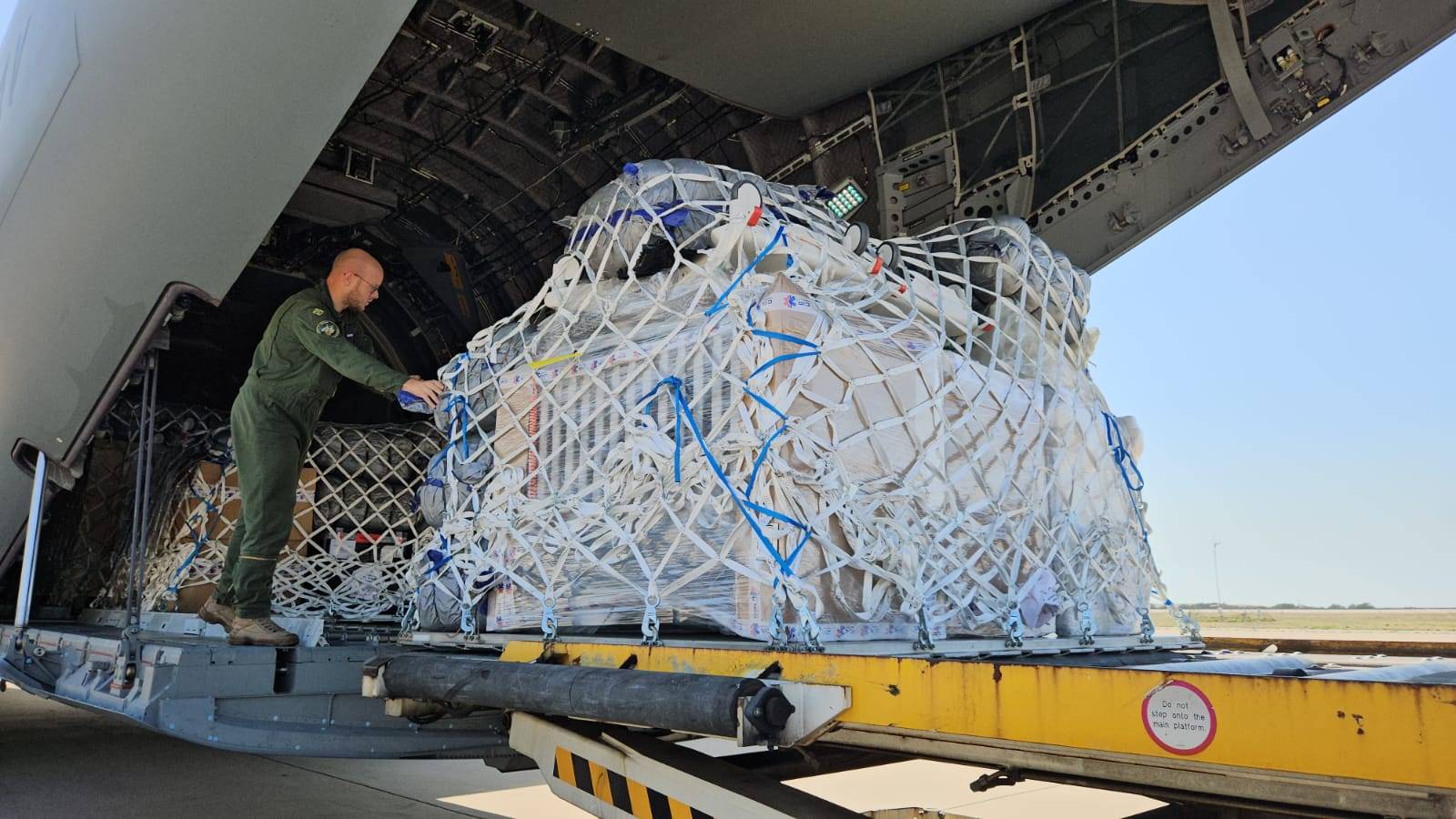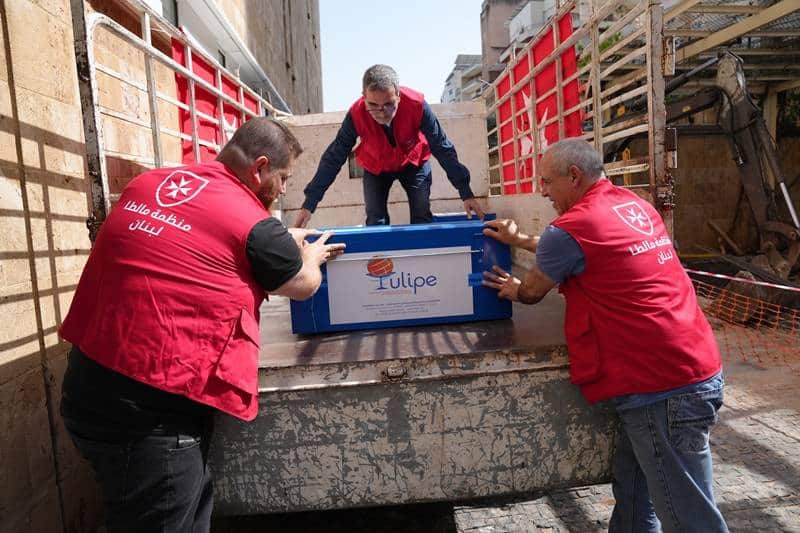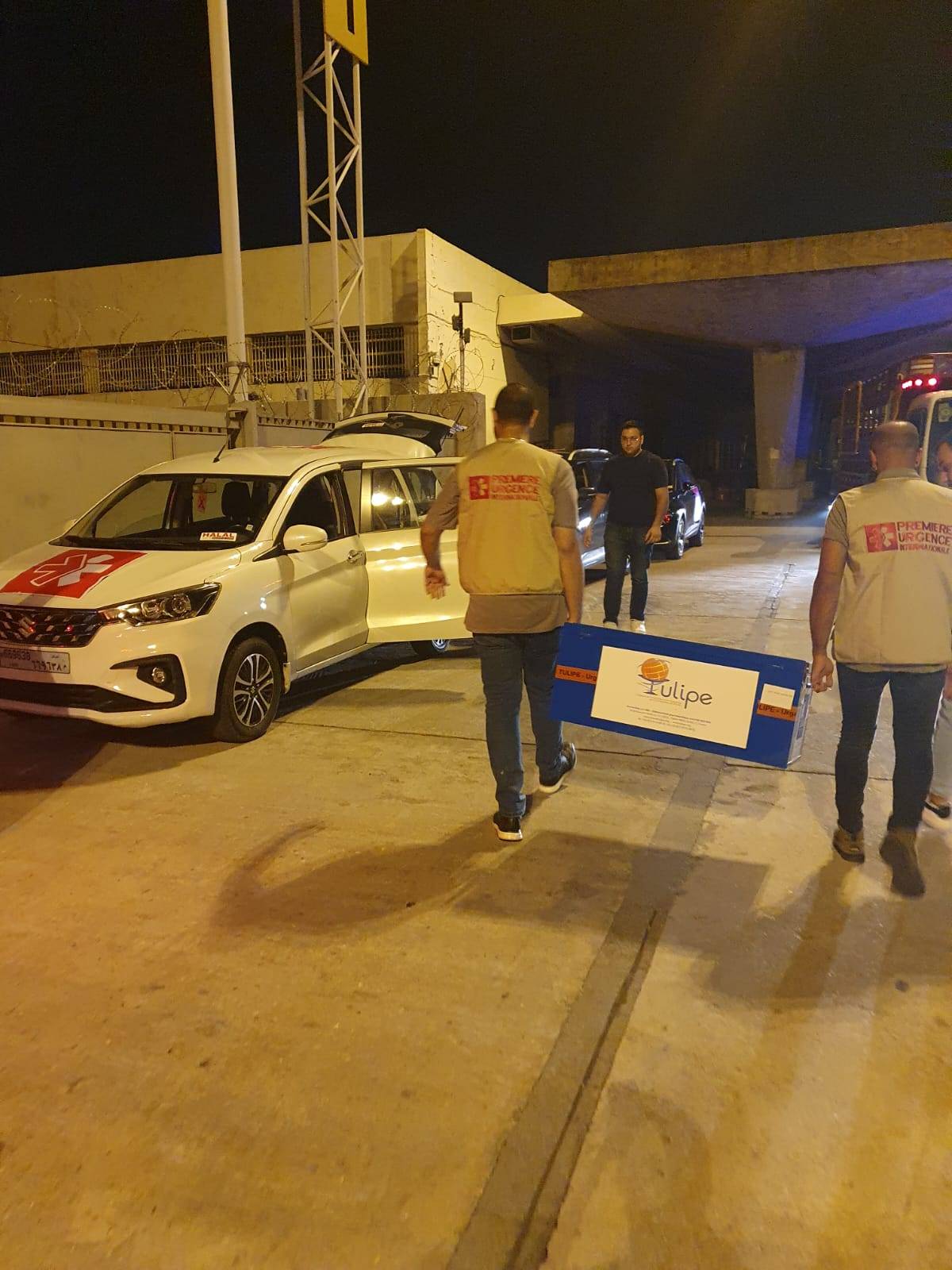The Tulipe association is providing medical aid to Sri Lanka, which is currently experiencing its worst humanitarian crisis since the country’s independence in 1948, according to the UN. The association sent 2.2 tonnes of health products on 27 July.
This medical aid operation is being carried out in conjunction with the Crisis and Support Centre of the Ministry of Europe and Foreign Affairs and the French Embassy in Sri Lanka. The Embassy will be responsible for distributing the donation in coordination with the Sri Lankan Red Cross. The aim is to help the country’s health sector, particularly hospitals. Hospitals have been hard hit by the serious economic and social crisis in the country. According to AFP’s local correspondent, Parvaiz Bukhari, the country no longer has the foreign currency needed “to keep its economy going and import 85% of its medicine and medical equipment requirements”.
Even patients who need surgery are not turning up at Sri Lankan hospitals (DR – archive photos)
Humanitarian crisis: major shortages of medicines
With emergency departments deserted, medical staff absent and major shortages of medicines and transport for patients, hospital admissions have plummeted. According to Dr Vasan Ratnasingham, who heads a doctors’ association in Colombo, the figure is 60% lower, “Even patients who were due to undergo surgery are not turning up”, adds the correspondent. These shortages are a real threat to the sustainability of the country’s health services, which have the distinction of being free and universal. According to a report by the Regional Office for the Coordination of Humanitarian Affairs (OCHA), 5.7 million Sri Lankans are currently in need of humanitarian assistance (a quarter of the country’s total population).
Tulipe Association: 40 years of health emergencies worldwide
Founded in 1982 by health professionals, the Tulipe Association (Transfert d’urgence de l’industrie pharmaceutique) is a non-governmental organisation with charitable status. Since its creation in 1982 by members of the Syndicat National de l’Industrie Pharmaceutique (SNIP, now Leem), it has continued to provide assistance in the form of medicines and health products to non-governmental organisations (NGOs) working in war zones, natural disasters and health crises. Recently, the association has intervened on several occasions to sendmedical aid to Ukraine, with almost 80 tonnes of health products donated since the start of the war. It has also intervened in Lebanon to support the Order of Malta’s work in health centres and in Afghanistan.
